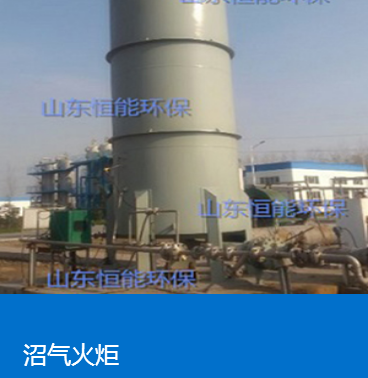應(yīng)用廣泛的沼氣提純技術(shù)主要包括:變壓吸附、水洗、有機(jī)溶劑物理吸收、有機(jī)溶劑化學(xué)吸收、高壓膜分離和低溫提純。在瑞典,加壓水洗法用得多;在德國(guó),變壓吸附法更為廣泛;在荷蘭,加壓水洗法、變壓吸附法和膜分離技術(shù)應(yīng)用都比較普遍。
The widely used biogas purification technologies include pressure swing adsorption, water washing, physical absorption of organic solvents, chemical absorption of organic solvents, high pressure membrane separation and low temperature purification. In Sweden, pressurized water washing is the most widely used method; in Germany, pressure swing adsorption is more widely used; in the Netherlands, pressurized water washing, pressure swing adsorption and membrane separation technology are more common.
沼氣提純成本與原料氣甲烷含量以及成品甲烷含量有關(guān)。甲烷含量高的原始沼氣提純成本更低。這主要由于能量輸出的增加,而總成本與高能級(jí)有關(guān)。可以通過(guò)提高效率(降低單位輸出能耗),使用高熱值的原始沼氣降低實(shí)際能耗,從而降低成本。
The cost of biogas purification is related to the methane content of raw gas and the methane content of finished products. The original biogas with high methane content has lower purification cost. This is mainly due to the increase of energy output, and the total cost is related to high energy levels. The actual energy consumption can be reduced by increasing efficiency (reducing energy consumption per unit output) and using high calorific value of raw biogas, thus reducing the cost.
沼氣提純站的經(jīng)濟(jì)效益還與其他因素有關(guān),例如,可操作性和額定負(fù)荷。沼氣提純站的額定運(yùn)行負(fù)荷不僅取決于提純站自身的高度穩(wěn)定性,而且與原始沼氣流量和后續(xù)單元(如充電站和加氣站)的可靠性有關(guān)。
The economic benefits of biogas purification stations are also related to other factors, such as operability and rated load. The rated operating load of biogas purification station depends not only on the high stability of the purification station itself, but also on the reliability of the original biogas flow rate and subsequent units, such as charging station and gas station.

停機(jī)時(shí)間短,設(shè)備運(yùn)行良好,在額定負(fù)荷和足夠原料氣的條件下設(shè)備能正常連續(xù)運(yùn)行,是一個(gè)沼氣提純站高效可用的標(biāo)準(zhǔn)。快速響應(yīng)時(shí)間非常必要,因此由技術(shù)供應(yīng)商提供良好網(wǎng)絡(luò)服務(wù)至關(guān)重要。此外,還可以采用遠(yuǎn)程監(jiān)控,當(dāng)操作被中斷,技術(shù)人員可以直接發(fā)現(xiàn)故障,根據(jù)故障類(lèi)型立即采取必要的補(bǔ)救措施,避免了時(shí)間延誤,不需要服務(wù)技術(shù)人員長(zhǎng)途跋涉到達(dá)現(xiàn)場(chǎng)解決問(wèn)題。
Short shutdown time, good operation of equipment, normal and continuous operation of equipment under rated load and sufficient raw gas conditions, is an efficient and available standard for biogas purification station. Quick response time is necessary, so it is essential for technology providers to provide good network services. In addition, remote monitoring can also be used. When the operation is interrupted, technicians can find the fault directly, and take necessary remedial measures immediately according to the type of fault, which avoids time delay and does not require service technicians to travel long distances to the scene to solve the problem.
上述幾種二氧化碳/甲烷分離方法已經(jīng)在其他行業(yè)應(yīng)用了幾十年,是目前的沼氣提純方法。近幾年發(fā)展趨勢(shì)是降低能耗、提高回收率和減少甲烷排放,主要有以下措施:降低成品氣體壓力以減少電耗,降低解吸過(guò)程的溫度水平(胺洗),開(kāi)發(fā)具有較高選擇性的二氧化碳/甲烷膜,推進(jìn)液化生物甲烷技術(shù)和聯(lián)合處理技術(shù)(如膜和低溫分離)等。
These methods of carbon dioxide/methane separation have been used in other industries for decades, and are the most advanced methods of biogas purification. In recent years, the development trend is to reduce energy consumption, increase recovery and reduce methane emission. The main measures are as follows: reducing the pressure of finished gas to reduce power consumption, reducing the temperature level of desorption process (amine washing), developing carbon dioxide/methane membrane with high selectivity, promoting liquefied biomethane technology and combined treatment technology (such as membrane and low temperature separation).
Here's the highlight of this article. For more details on biogas purification, please pay attention to: http://xgysxx.com
